
About
Meet Our Next President: Anna Paulson
17 Apr ’25
After a nationwide search, the Federal Reserve Bank of Philadelphia has selected Anna Paulson to serve as the next president and chief executive officer. Her term will begin on July 1, 2025.
Learn More
As president, Anna Paulson will help shape monetary policy as a member of the Federal Open Market Committee (FOMC) and will be responsible for the Bank’s payment services, bank supervision, and community engagement. She will build and maintain relationships with a variety of constituencies, including business leaders and community representatives, to gain insight into the Third District’s economy.
She comes to the Bank with 20 years of experience as a leader in policy analysis and research related to financial stability and monetary policy. As executive vice president and director of research at the Chicago Fed, she advises the Bank’s president and CEO on monetary policy and attends FOMC meetings.
Learn more about our new president and her role in representing the Third Federal Reserve District.
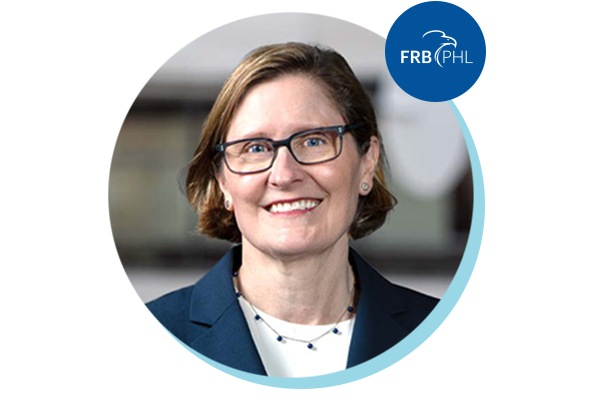

Our Commitment to Public Engagement
Learn more about the steps we took to create a nationwide search process that was open and transparent, with ample opportunities for public input and feedback. Watch a video of our public engagement event.
Search Committee
The Philadelphia Fed’s board of directors formed a Search Committee consisting of its eligible Class B and Class C directors (nonbanking directors), in accordance with the Federal Reserve Act and the Bank’s bylaws. With support from the executive search firm Spencer Stuart, the committee conducted an extensive nationwide search to find, interview, and select the next president from a broad and highly qualified pool of candidates for this important public service leadership position.
Anthony Ibargüen, executive chair, Culligan Quench and Culligan Latin America and chair of the Philadelphia Fed board of directors, served as Search Committee chair.
Watch a video message from our Search Committee to learn more.
Members
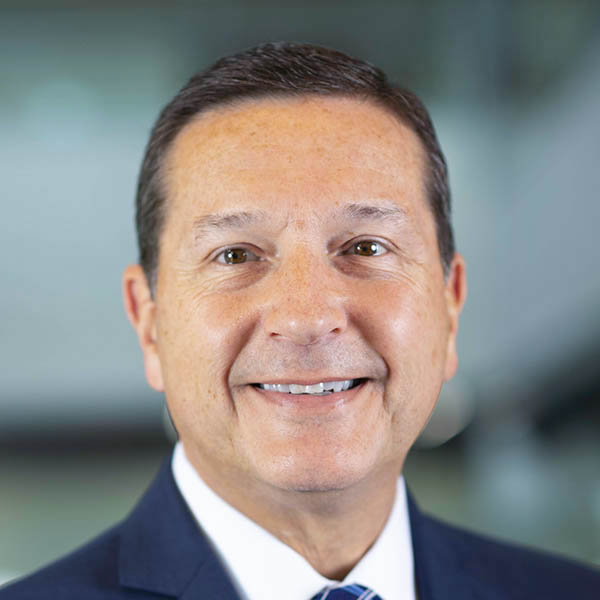
Chair | Executive Chair Culligan Quench and Culligan Latin America, King of Prussia, PA
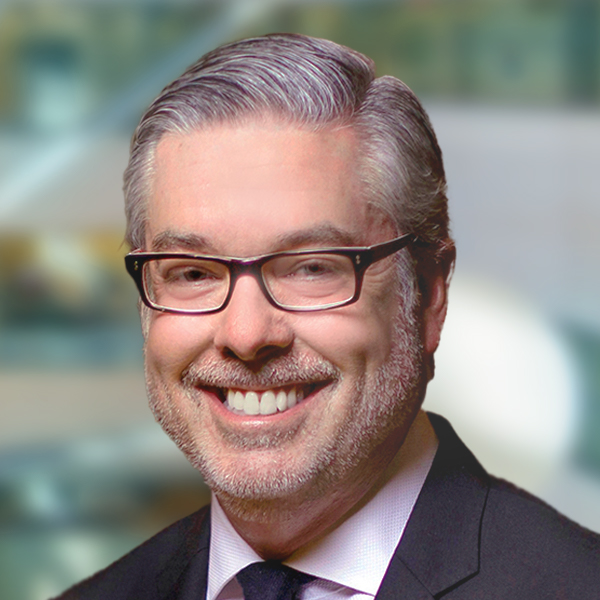
Board Member | President, Temple University, Philadelphia, PA
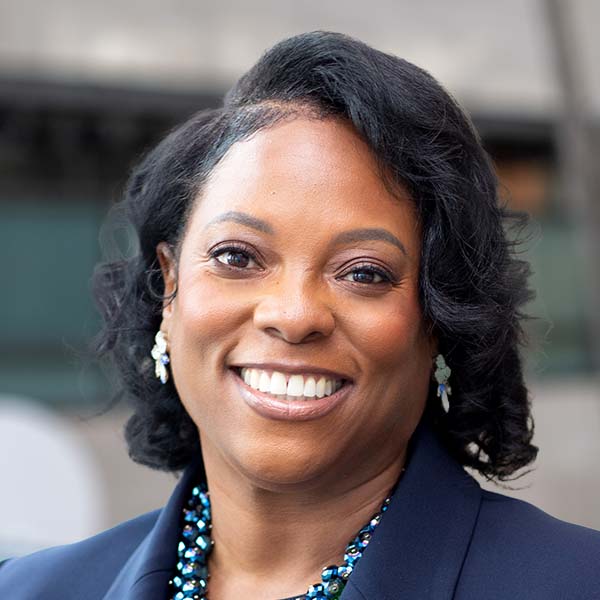
Deputy Chair | Senior Vice President and Chief Operating Officer, Care Network and Behavioral Health and Crisis Center at the Children’s Hospital of Philadelphia (CHOP) – Philadelphia
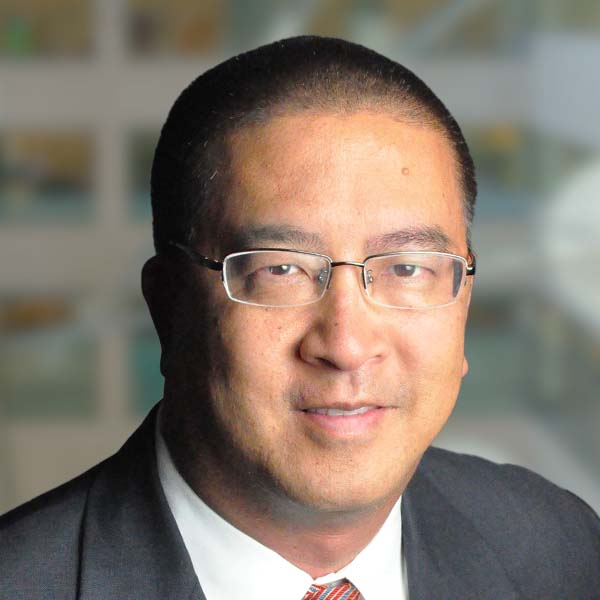
Chair | CEO, Crystal Steel Fabricators, Inc. – Delmar, DE
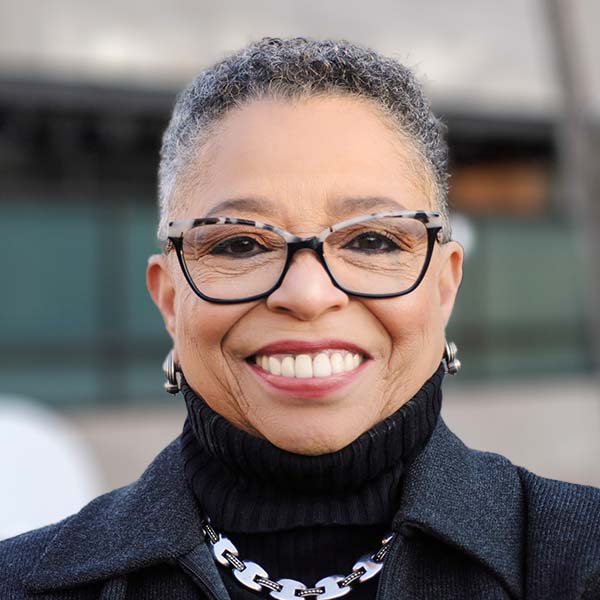
Board Member | CEO, Urban Affairs Coalition – Philadelphia
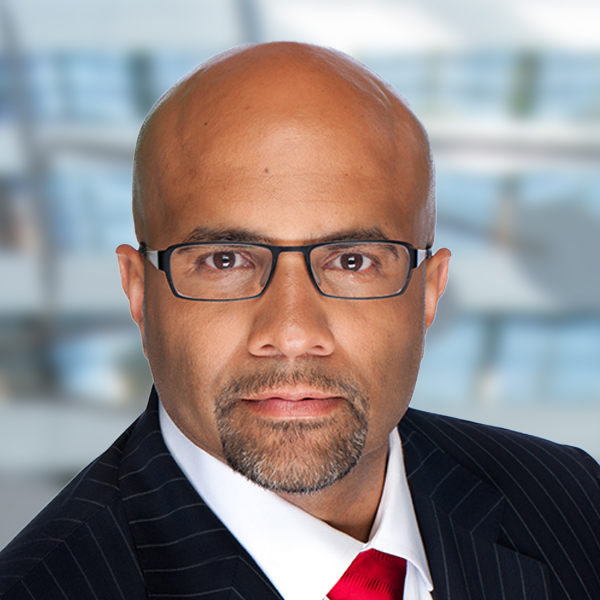
Board Member | Senior Vice President, External and Government Affairs, Comcast Corporation – Philadelphia
Frequently Asked Questions
The nationwide search for our new president was conducted in accordance with the process set forth in the Federal Reserve Act. Learn more about the search and the responsibilities of Federal Reserve Bank presidents in the Q&A below. Do you have a question not addressed here? Email PresidentialSearch@phil.frb.org. Members of the news media may contact Daneil Mazone.
The president of a Federal Reserve Bank is its chief executive officer. The president is responsible for all Reserve Bank activities, including monetary policy, bank supervision, community outreach and development, and payments services and technologies. In addition, the president serves on the Federal Reserve System's monetary policymaking body, the Federal Open Market Committee.
The process for selecting a Federal Reserve Bank president is set forth in the Federal Reserve Act. Subject to the approval of the Federal Reserve Board of Governors, the president is appointed by the Reserve Bank's Class B and C directors (those directors who are not bankers).
To conduct the search, the Reserve Bank's board of directors forms a search committee composed of Class B and C directors. That committee hires a search firm to help identify a broad, diverse, highly qualified candidate pool. The committee considers a large nationwide pool of candidates, both within and outside the Federal Reserve System, who meet the position's qualifications. The search committee interviews a range of potential candidates and forwards to the Board of Governors a list of finalists. The governors also interview the finalists prior to appointment. The Bank's Class B and C directors then formally appoint a candidate, subject to the approval of the Board of Governors.
More information is available on the Federal Reserve Board of Governors' website. You can also watch a video about the selection process.
The president of a Federal Reserve Bank is appointed for a five-year term. The terms of all the presidents of the 12 District Banks run concurrently and end on the last day of February of years numbered 1 and 6 (for example, 2021 and 2026). The appointment of a president who takes office after a term has begun ends upon the completion of that term. A president of a Reserve Bank may be reappointed after serving a full term or an incomplete term.
Reserve Bank presidents are subject to mandatory retirement at age 65. However, presidents initially appointed after age 55 can, at the option of the board of directors, be permitted to serve until attaining 10 years of service in the office or until age 75, whichever comes first. Patrick T. Harker was appointed as the 11th Philadelphia Fed President on July 1, 2015, and will reach his mandatory retirement date in 2025.
Reserve Bank presidents are subject to the Federal Reserve System Investment and Trading Policy for FOMC Officials, which includes a prohibition on purchasing individual stocks or sector funds; holding investments in individual bonds, agency securities, cryptocurrencies, commodities, or foreign currencies; entering into derivatives contracts; and engaging in short sales or purchasing securities on margin. Additionally, a 45-day nonretractable notice for purchases and sales of securities is required along with obtaining prior approval for such transactions and holding investments for at least one year.
The Federal Reserve Bank of Philadelphia expects its employees to perform their duties with honesty, integrity, and impartiality and without improper preferential treatment of any person. The Bank’s Code of Conduct outlines principles and standards for employee conduct, including rules for avoiding both actual and apparent conflicts of interest.
For more information about our commitment to openness, visit our Governance & Transparency page.